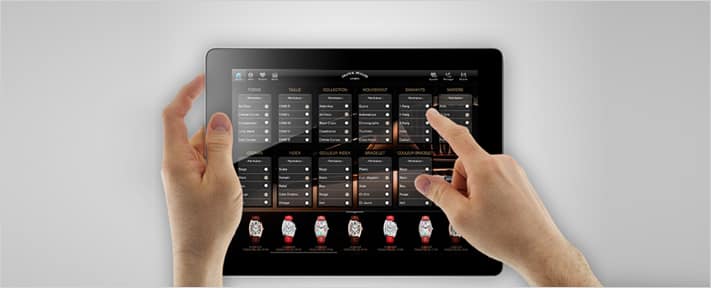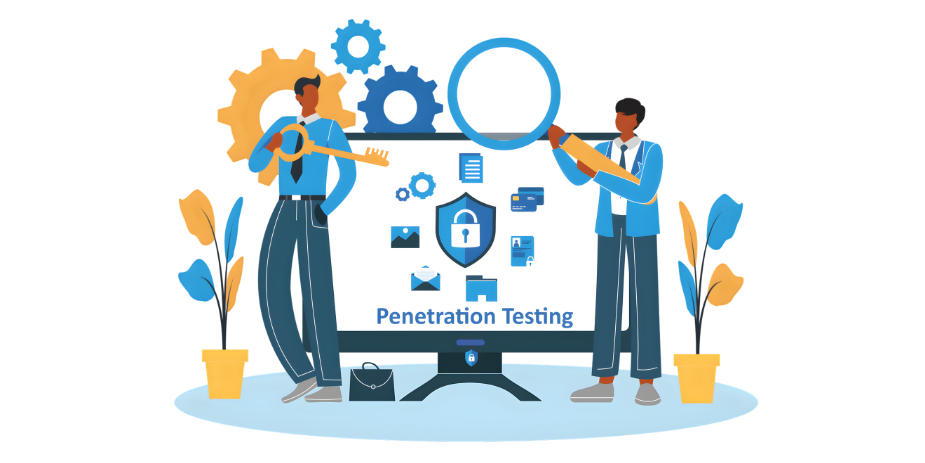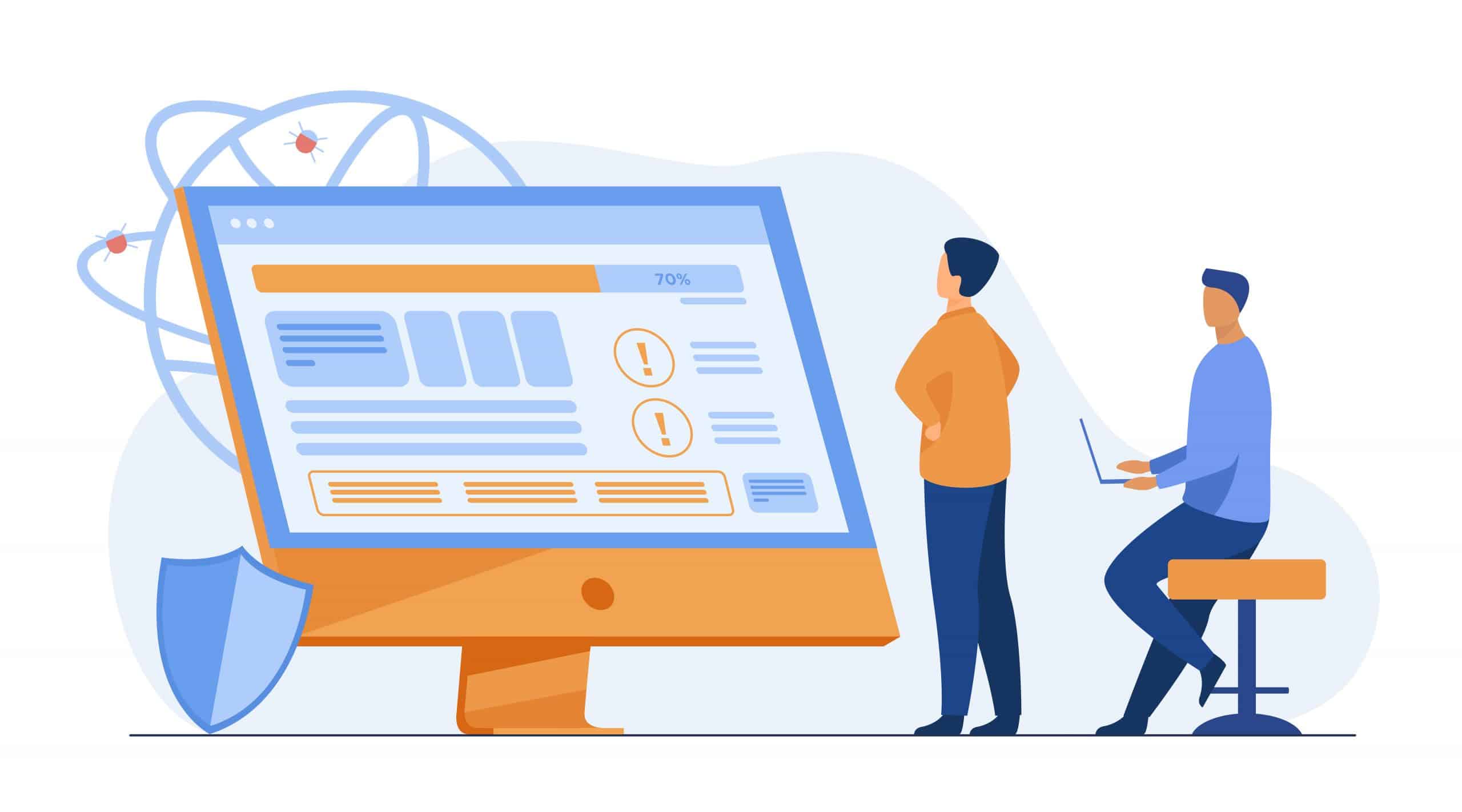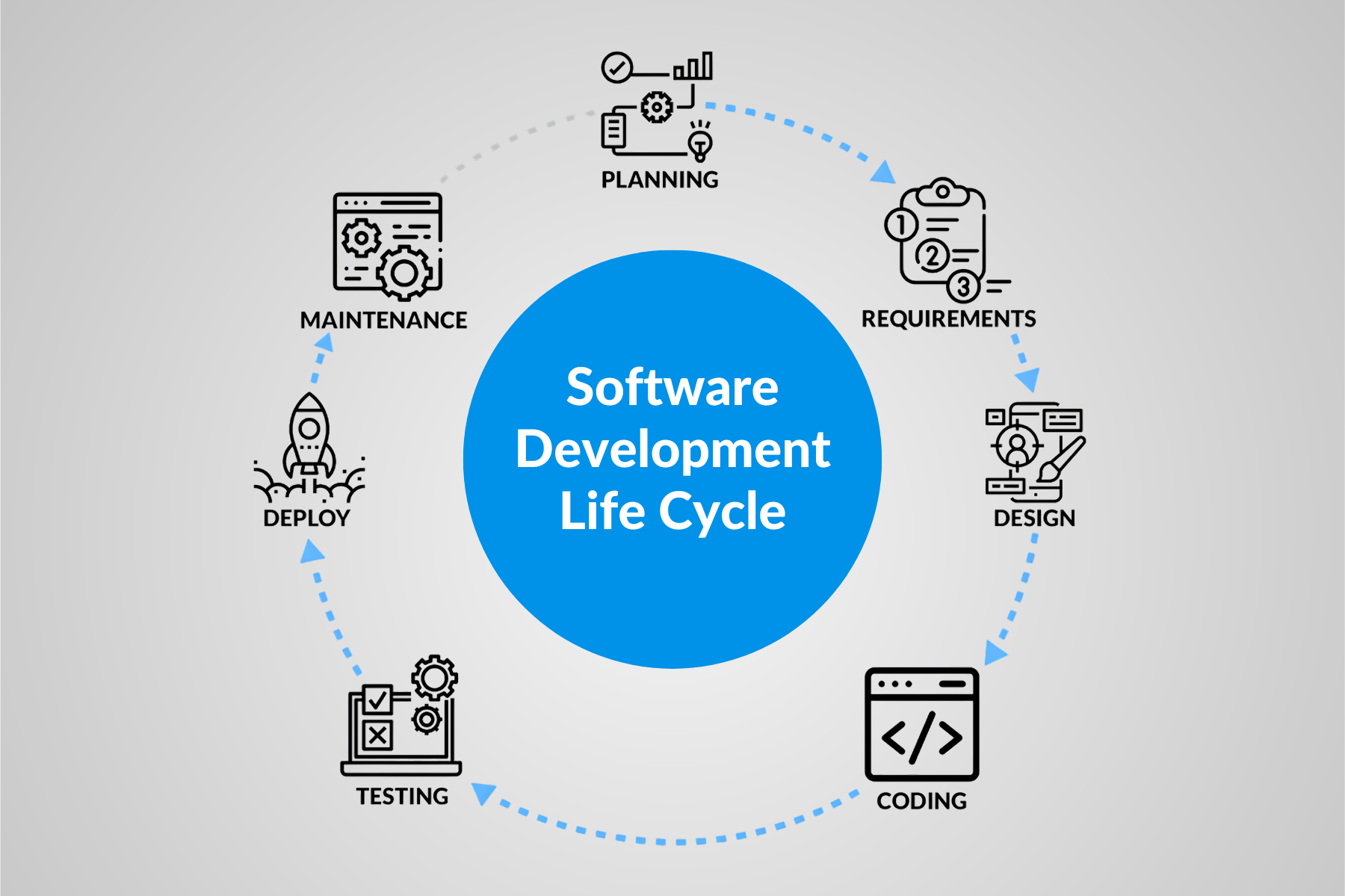Retail Application Testing!

- October 11, 2013
- admin
Software testing is an integral phase of the software development process, and it is duty of the test engineers to ensure that the software delivered has no bugs, blemishes and flaws. Working in a software testing company is always a welcoming learning experience, as on one hand, you come across so many different kinds of projects, on the other hand, you learn different testing practices and tools required to validate these projects. It is always good to share your enriching experience, as it helps others to learn about new testing practices, tools and techniques. Today, I’m following this practice and sharing my valuable testing experience.
It was a bright sunny day. I with my team was busy testing an application, which facilities the retailers to register themselves and make offers on a particular website, in order to attract customers on their stores. The purpose of the app is to provide a platform to retailers and consumers and to boost the sales by making smart offers, which brings more consumers to their retail stores. For example, one of the retailer makes an offer that if a customer buys 4 or 5 coffee packs from its store, he/she will get a free coffee pack or any gift hamper. Moreover, retailers can make any offer depending upon their selling and promotion strategy. Consequently, it is not mandatory for the consumers to buy all the five or four items at once. Customers can purchase the items in the offer, depending upon their rate of consumption; however, they have to purchase it in the time, allocated for the particular offer. For example, if an offer holds valid for three month, customers have to purchase the four coffee packs in the three months, to claim a gift hamper. Not purchasing the goods in the time mentioned, will eventually expire the offer. Moreover, customers can buy the coffee packs from any nearby retail store. However, it has to be of the same franchise, whose offer has been accepted by the customer.
As the consumer accepted the offer and bought a particular good mentioned in the offer, QR code will be generated and one stamp will be added on the offer. QR code updates the consumer about the status of the offer. After the required numbers of stamps (purchases) are completed, the offer will get mature. Now, customer will take the snap of the QR code by using a mobile camera and the app will read the code and inform the user to claim the gift. The app has both web and native versions, and it enables the consumers to check the status of their QR code, locate a nearby retail store via goggle maps and check the available offers on different retail stores.
Functional, usability and cross-platform testing is conducted to validate the app and identify the bugs and flaws. After testing the app from various angles, following issues were spotted and reported.
The app crashed many times and issues related to memory management were identified. Moreover, errors related to stamp and QR codes were also detected. Furthermore, the app also has user related issues. App keeps on displaying the offer, deleted by the retailer. Similarly, price list takes too much time to update. In case customer has given its valuable feedback to the retailer, the retailer doesn’t receive it. Also, there was a sign out button missing and user can’t sign out, once he/she had signed it in the app. Everything went well, when app was tested on different platform and no issues were detected.
It was a great learning experience. Testing the QR code was a unique testing experience, as we have to take snaps from the camera and verify that the app is reading the code right or not. Also, we learn how to make the log files in the android and iPhone using tools. In order to make log file in iPhone, iPhone configuration utility is used and for android, SDK is used. After completing the testing process, he handed over the project to the team lead.











